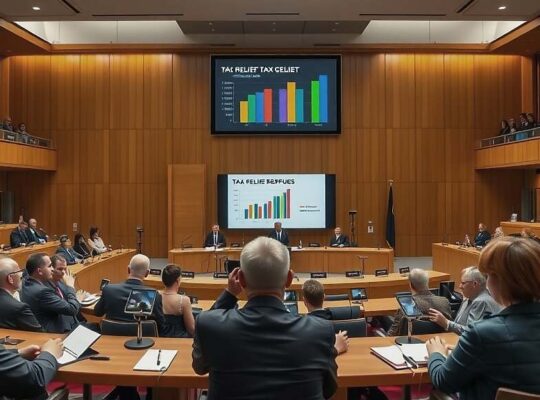Concerns are mounting regarding the potential for increased politicization of the judicial appointment process in Germany, drawing parallels to the system in the United States. Constitutional law expert Horst Dreier, a former candidate for the Federal Constitutional Court and doctoral supervisor of Frauke Brosius-Gersdorf, has cautioned against this trajectory.
Speaking to the Funke-Mediengruppe newspapers, Dreier observed a shift in the landscape of judicial nominations. Traditional political alliances appear to be weakening, as the established parties no longer command the necessary supermajority to ensure predictable outcomes. This erosion of consensus is, he argues, creating space for less conventional forces to exert influence and potentially obstruct the selection of candidates.
“The pressure is intensifying” Dreier stated, suggesting a gradual move towards a more adversarial and politicized environment akin to the American model.
The current debate surrounding the nomination of Brosius-Gersdorf, in particular, is triggering anxieties. Dreier warned that if nominations continue to be subjected to similarly contentious public scrutiny, prospective candidates may ultimately be dissuaded from putting themselves forward. He further suggested a scenario where only those individuals who have maintained an unremarkably neutral stance on sensitive topics would be willing to participate, leading to a court comprised solely of “grey mice” a result he believes would be detrimental. Emphasizing the need for qualified and experienced individuals, Dreier stressed the importance of securing nominees with clear and demonstrable expertise.
Dreier’s own experience as a former candidate for the Federal Constitutional Court in 2008 and the subsequent controversy surrounding his positions on bioethical issues, prompted a sense of “déjà vu” in observing the present situation. His nomination was ultimately withdrawn.












